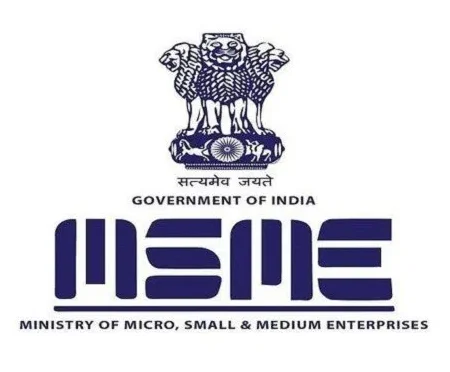Small and Medium-sized Enterprises (SMEs) play a crucial role in driving economic growth, creating employment opportunities, and fostering innovation. In many countries, Micro, Small, and Medium-sized Enterprises (MSMEs) form the backbone of the economy. However, these businesses often face numerous challenges, including limited resources, lack of access to finance, and compliance with labor standards. To address these concerns and protect the rights of workers in MSMEs, the International Labour Organization (ILO) has implemented various initiatives and programs. This article explores how the ILO supports and safeguards the interests of MSMEs.
Table of Contents
Toggle1. Promoting Decent Work:
The ILO’s primary objective is to promote decent work for all individuals, regardless of the size of the enterprise they work for. This includes ensuring fair wages, safe working conditions, and social protection. The ILO provides guidance and technical assistance to MSMEs on implementing labor standards, improving productivity, and fostering inclusive growth. By promoting decent work, the ILO aims to enhance the competitiveness and sustainability of MSMEs.
2. Developing International Labor Standards:
The ILO develops and sets international labor standards through conventions and recommendations. These standards cover a wide range of labor issues, including minimum wages, working hours, occupational safety and health, and social security. While these standards are primarily aimed at larger enterprises, they also provide a framework for protecting workers’ rights in MSMEs. The ILO encourages member states to adopt and implement these standards, ensuring that MSMEs are aware of their obligations and can meet the required labor standards.
3. Capacity Building and Technical Assistance:
Recognizing the unique challenges faced by MSMEs, the ILO provides capacity building and technical assistance to help these enterprises comply with labor standards. This assistance includes training programs, workshops, and advisory services tailored to the specific needs of MSMEs. By equipping MSMEs with the necessary knowledge and skills, the ILO empowers them to create a work environment that respects workers’ rights and promotes decent work.
4. Supporting Social Dialogue:
The ILO promotes social dialogue as a means of resolving labor-related issues and fostering cooperation between employers, workers, and governments. Social dialogue allows MSMEs to participate in decision-making processes, influencing policies that directly affect their businesses and employees. Through its tripartite structure, the ILO facilitates dialogue and consultations, ensuring that the voices of MSMEs are heard and their concerns are taken into account.
5. Facilitating Access to Finance:
Access to finance is a significant challenge for many MSMEs, limiting their ability to invest in human capital and comply with labor standards. The ILO works closely with financial institutions, governments, and other stakeholders to create mechanisms that facilitate access to finance for MSMEs. By providing financial literacy training, promoting inclusive financial systems, and supporting entrepreneurship, the ILO helps MSMEs overcome financial barriers and meet their labor obligations.
6. Promoting Entrepreneurship and Job Creation:
The ILO recognizes the importance of entrepreneurship and job creation in sustainable economic development. Through its various programs, the ILO supports MSMEs in creating employment opportunities, particularly for vulnerable groups such as youth, women, and people with disabilities. By promoting inclusive entrepreneurship and supporting the growth of MSMEs, the ILO contributes to poverty reduction and social inclusion.
Conclusion
In conclusion, the International Labour Organization plays a vital role in protecting the rights of workers in MSMEs. Through its initiatives, the ILO promotes decent work, develops international labor standards, provides capacity building and technical assistance, supports social dialogue, facilitates access to finance, and promotes entrepreneurship and job creation. By ensuring that MSMEs adhere to labor standards, the ILO contributes to the sustainable growth and prosperity of these enterprises, while safeguarding the interests and well-being of workers.











